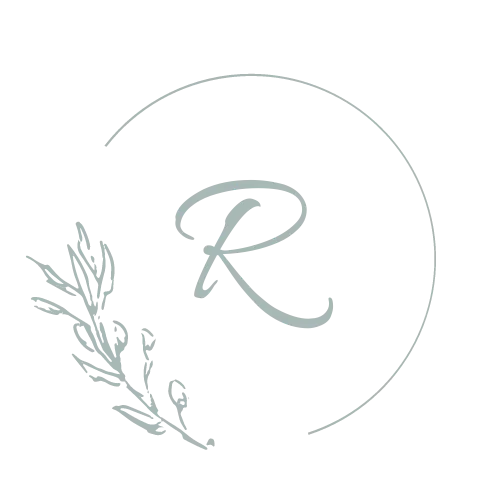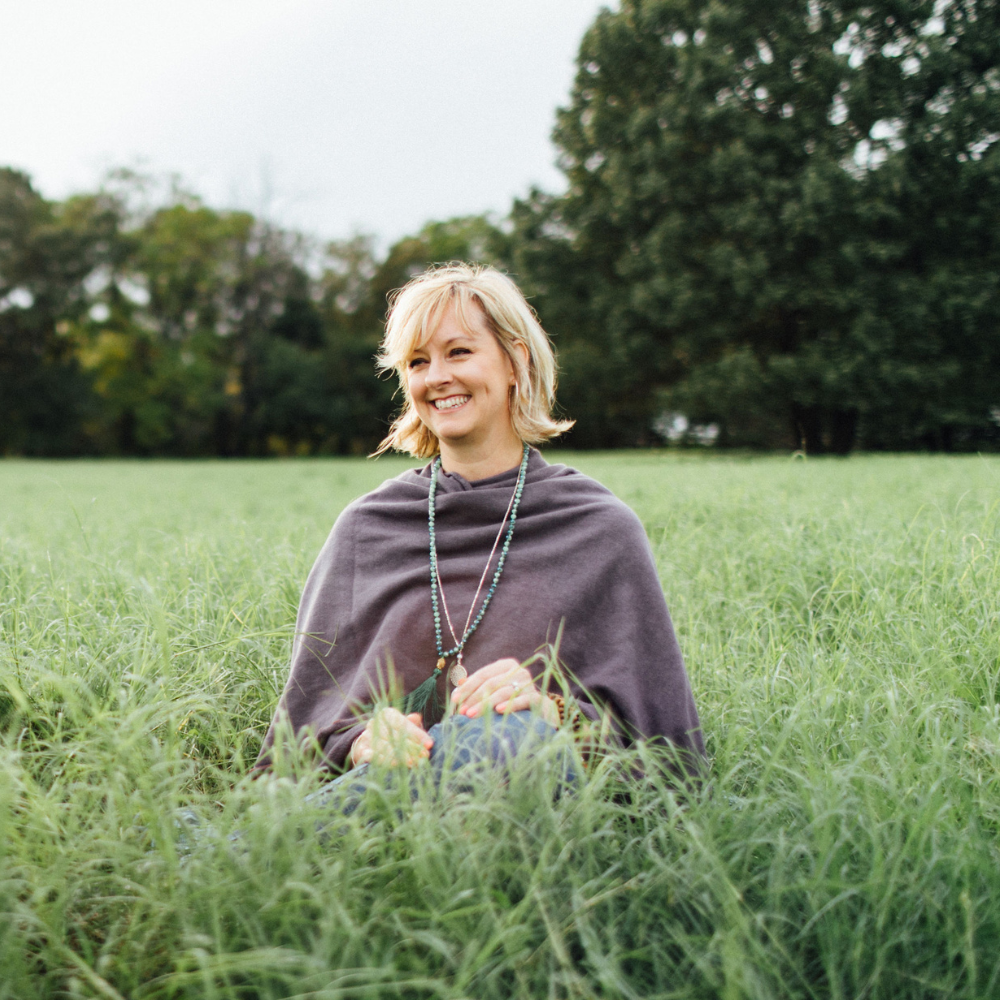
LIFE AND RELATIONSHIP COACH
FOR EMPATHS AND SENSITIVE PEOPLE
You're Not
Too Sensitive.
Ready for more?
Ways to work with me...
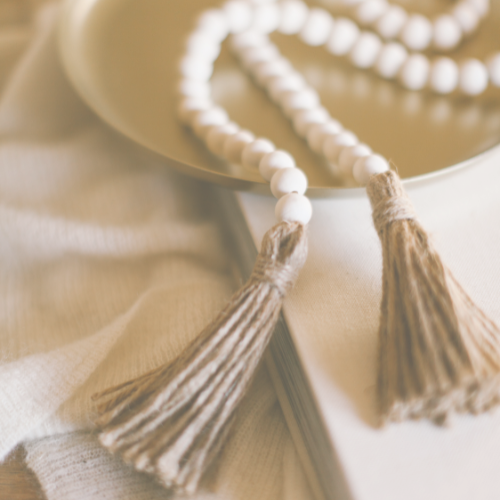
Distance Reiki
Release energy blocks, harmonize, heal, and transform through this healing practice.

Intuition Course
Release energy blocks, harmonize, heal, and transform through this healing practice.

Private Coaching
Release energy blocks, harmonize, heal, and transform through this healing practice.
Ready for more?
I'm
Rachel
I'll help you stop feeling overwhelmed.
FROM WILTED FLOWER 🥀
TO FEELING EMPOWERED!
I'm an empath coach dedicated to helping people harness their empathy and develop their intuition.
Starting from my own journey of understanding my own sensitivity, even as a sensitive child, I developed a unique approach combining techniques like guided meditations and intuitive coaching.
Specializing in working with empaths and highly sensitive people, I have created a supportive space for personal growth and fulfillment.
With over 20 years
of teaching Yoga, Meditation, and as a Reiki Practitioner, it is my honor and joy to empower my clients to trust their inner voice.
Testimonials
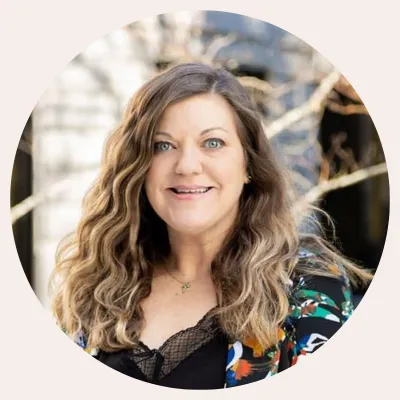
Rachels gifts as a
healing practitioner
are amazing!
I just want to thank Rachel for the most beautiful, healing Reiki session this morning.
I have felt cleaner, lighter, and happier all day long... just better and comforted. Thanks so much for sharing your gifts and being such an amazing practitioner
- Holly S,
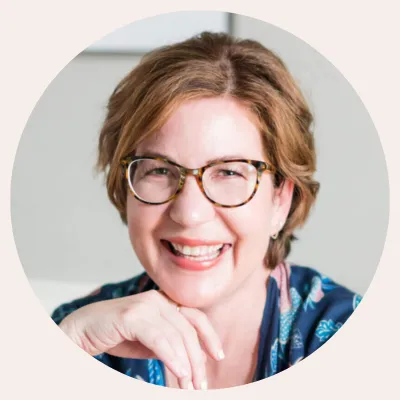
Rachel has helped me more in weeks than talk therapy ever did.
Rachel's positive energy and empathy instantly put me at ease. I feel truly seen and heard without judgment. She has helped me more in weeks than any talk therapy I've had before. In-person counseling has its place, but Rachel's integration of body, mind, and spirit in her coaching has changed my life.
- Amelia
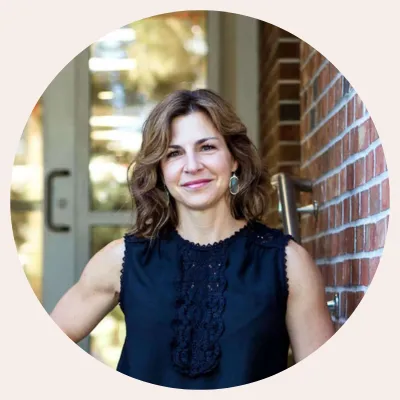
After my Reiki session with Rachel, I feel light, open, and receptive.
I just finished a session with Rachel and it was so healing and I feel light and open and receptive. Seriously, it's the best self-care I've given myself in ages. Rachel, I can't thank you enough for this space you've created."
- Stacy
GET ME ON THE LIST
Your VIP Pass to
Empath
Empowerment
Join the Empath Insights Newsletter and step into the front row of your life.
Receive exclusive guidance and support to transform your sensitivity into strength.
GET ME ON THE LIST
Your VIP Pass to
Empath
Empowerment
Join the Empath Insights Newsletter and step into the front row of your life.
Receive exclusive guidance and support to transform your sensitivity into strength.
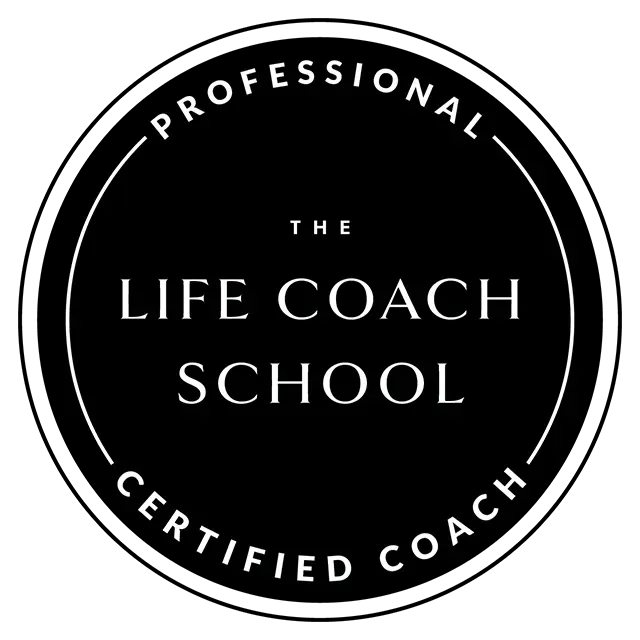
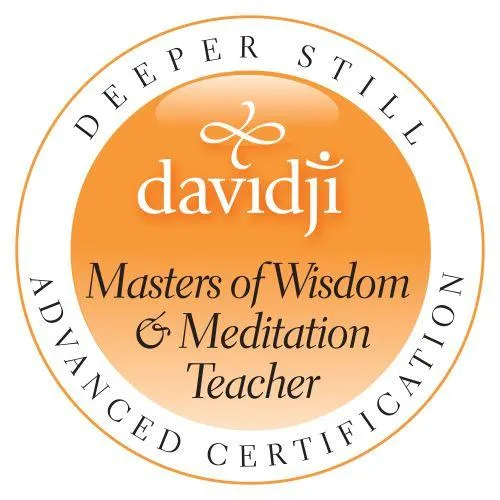
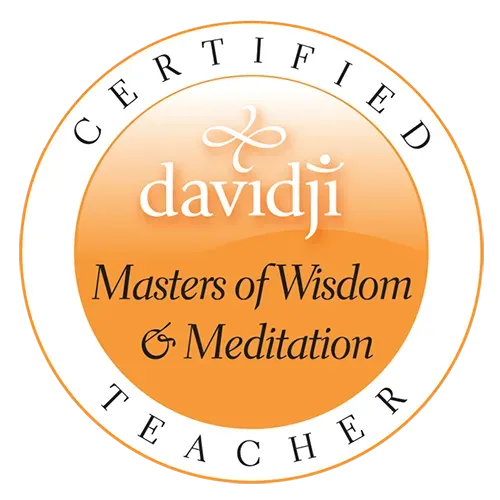
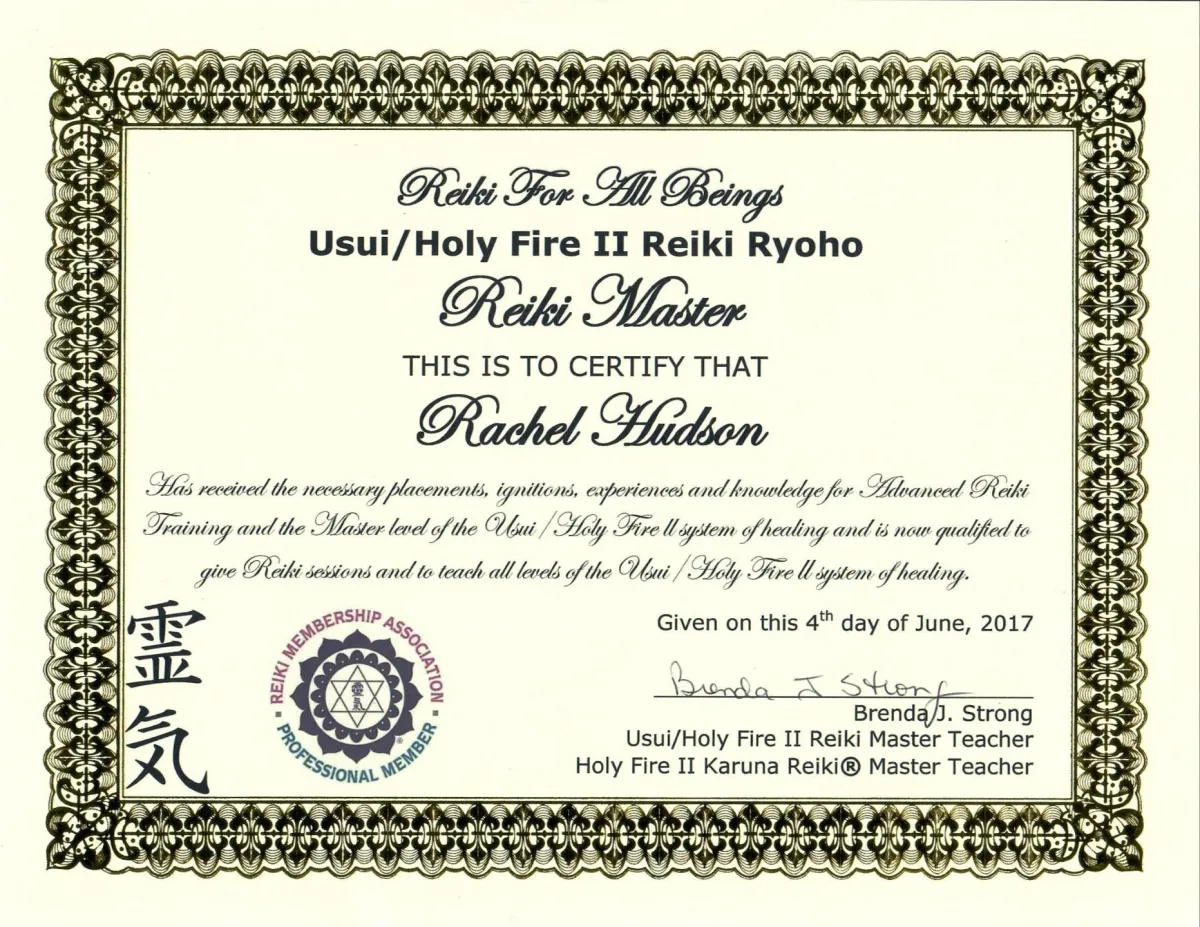
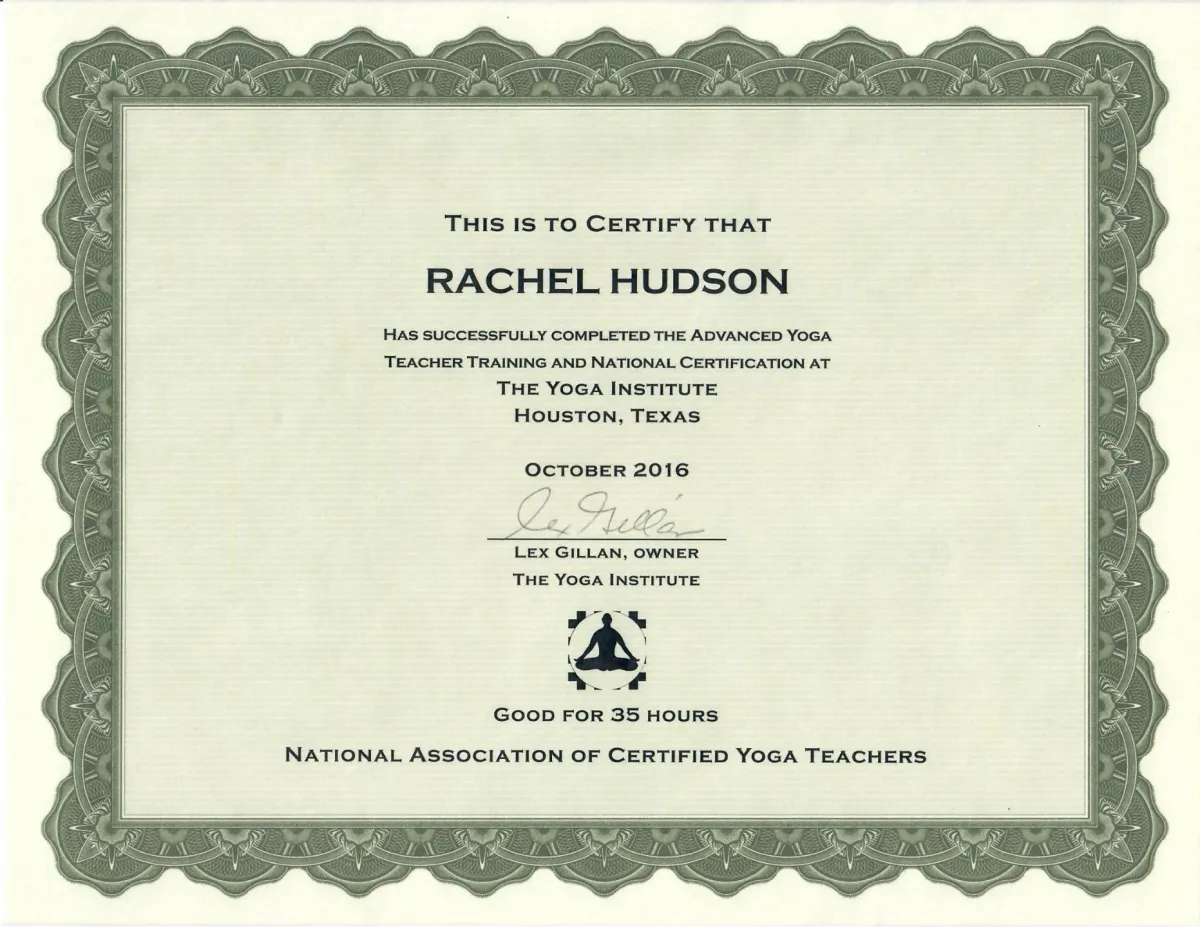
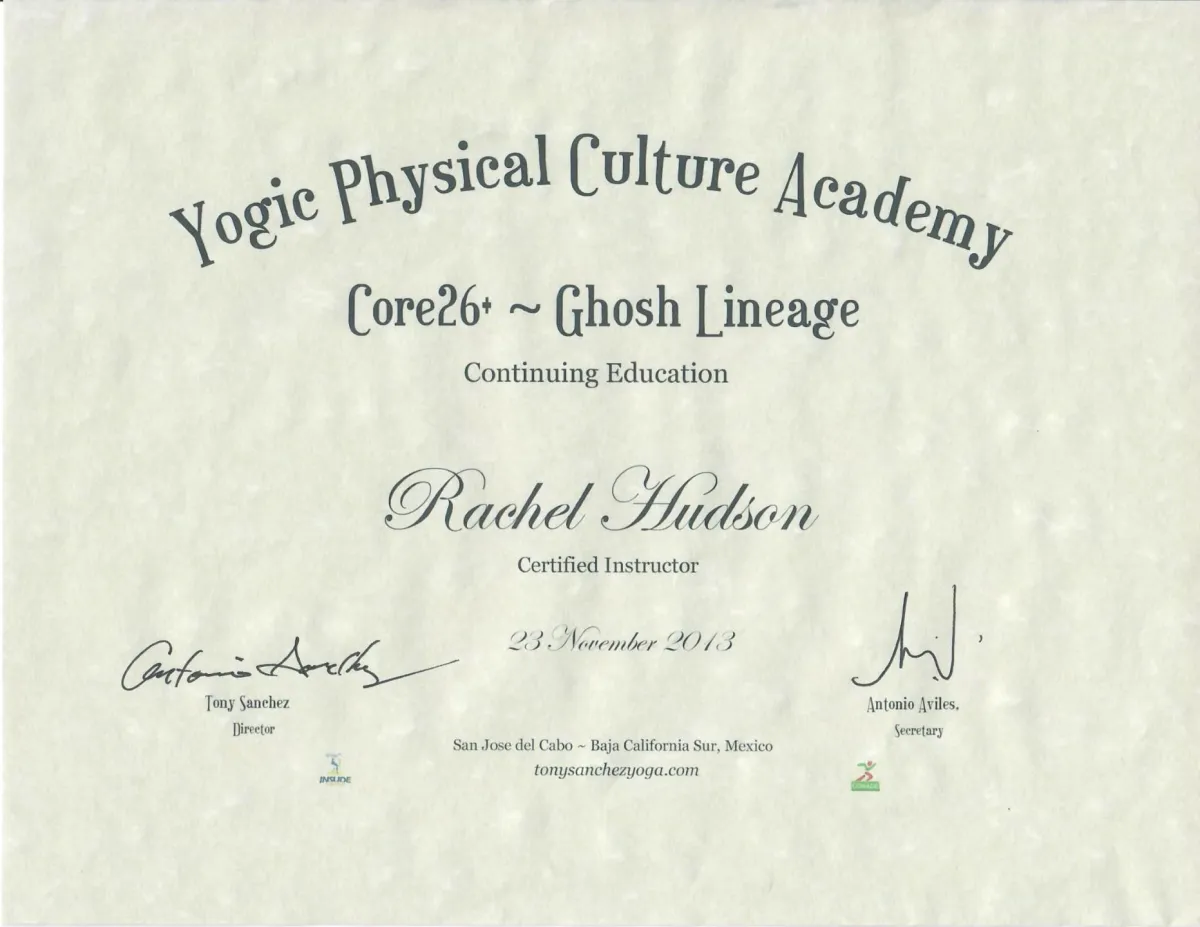
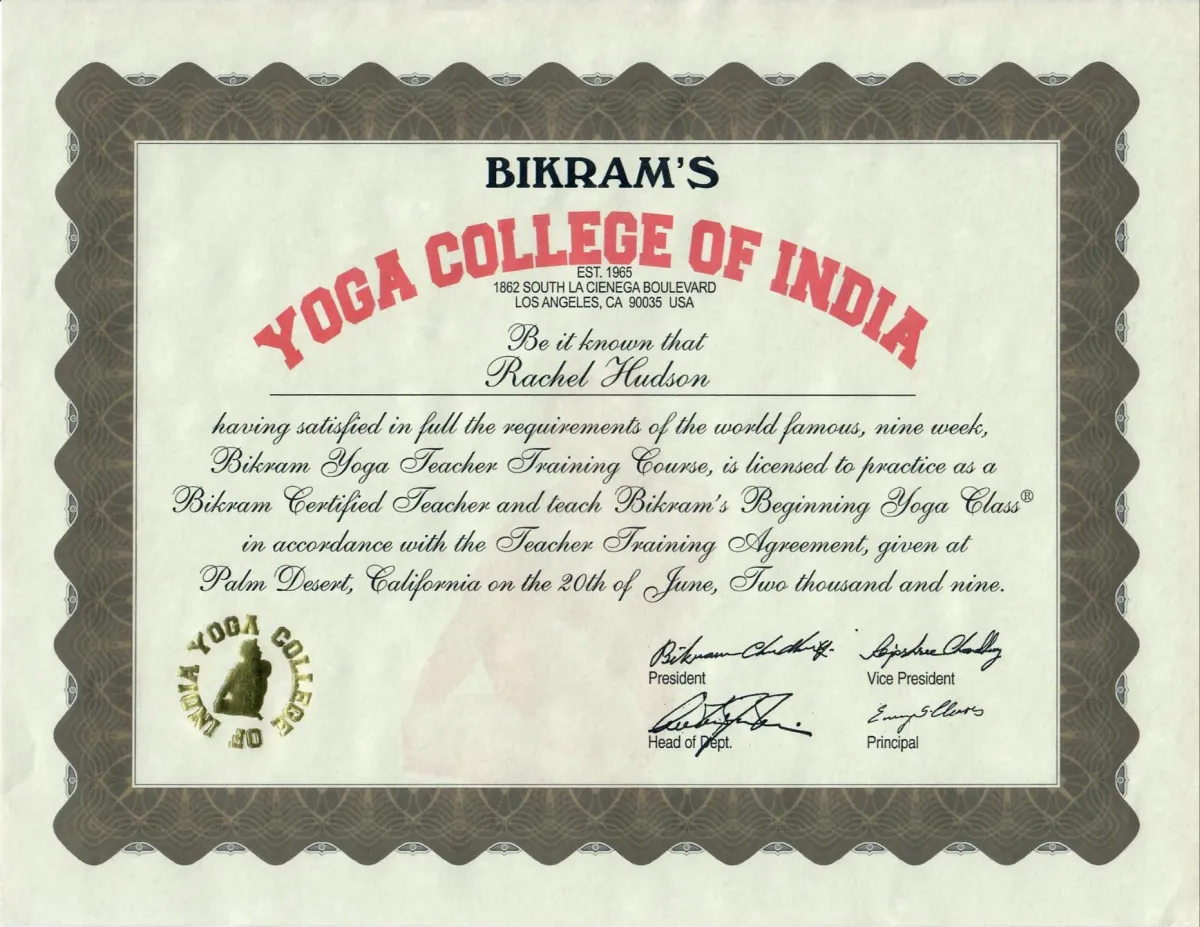
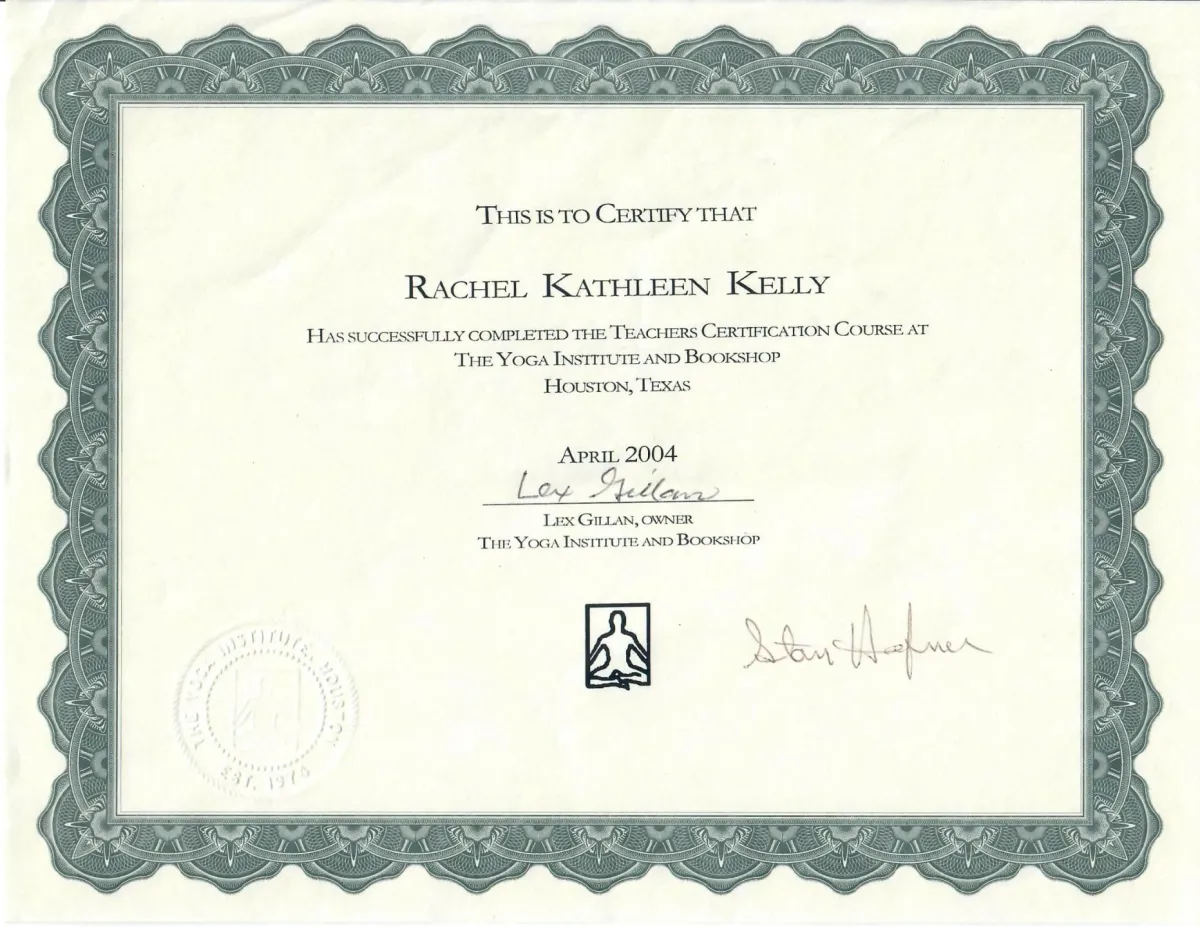
©2025 | Rachel k Hudson | Terms & Conditions
